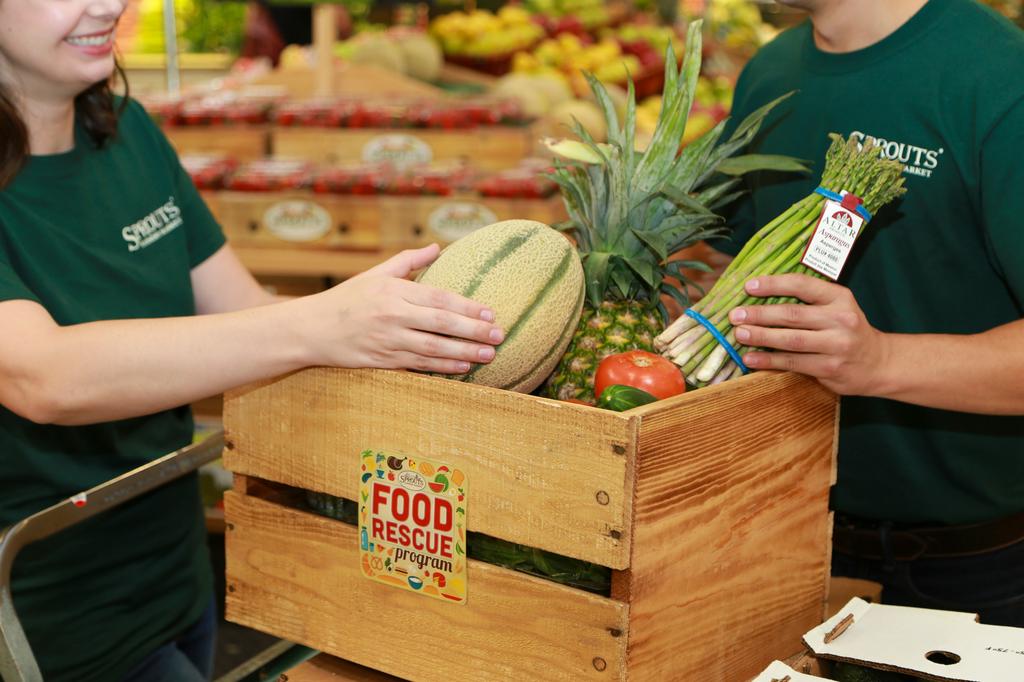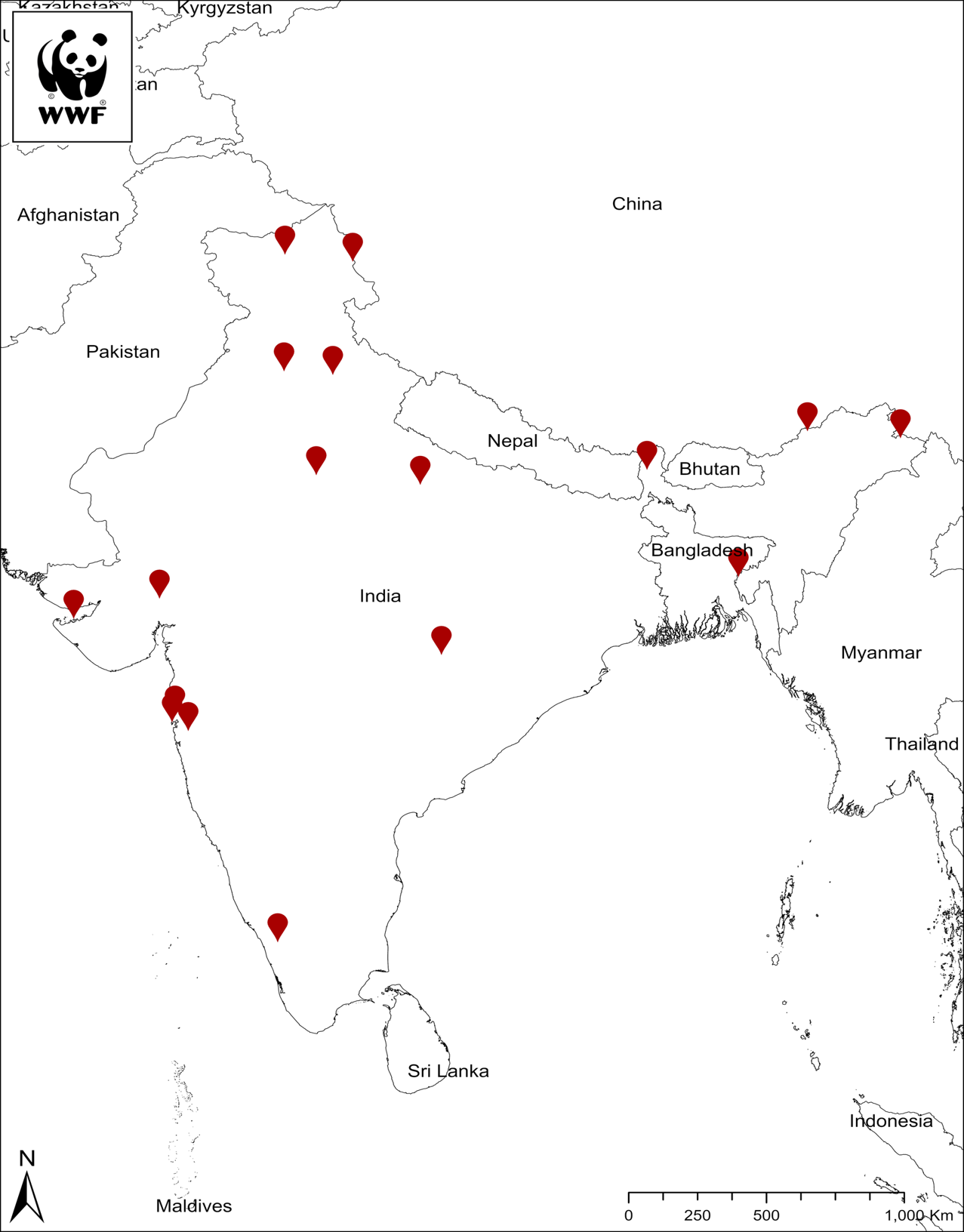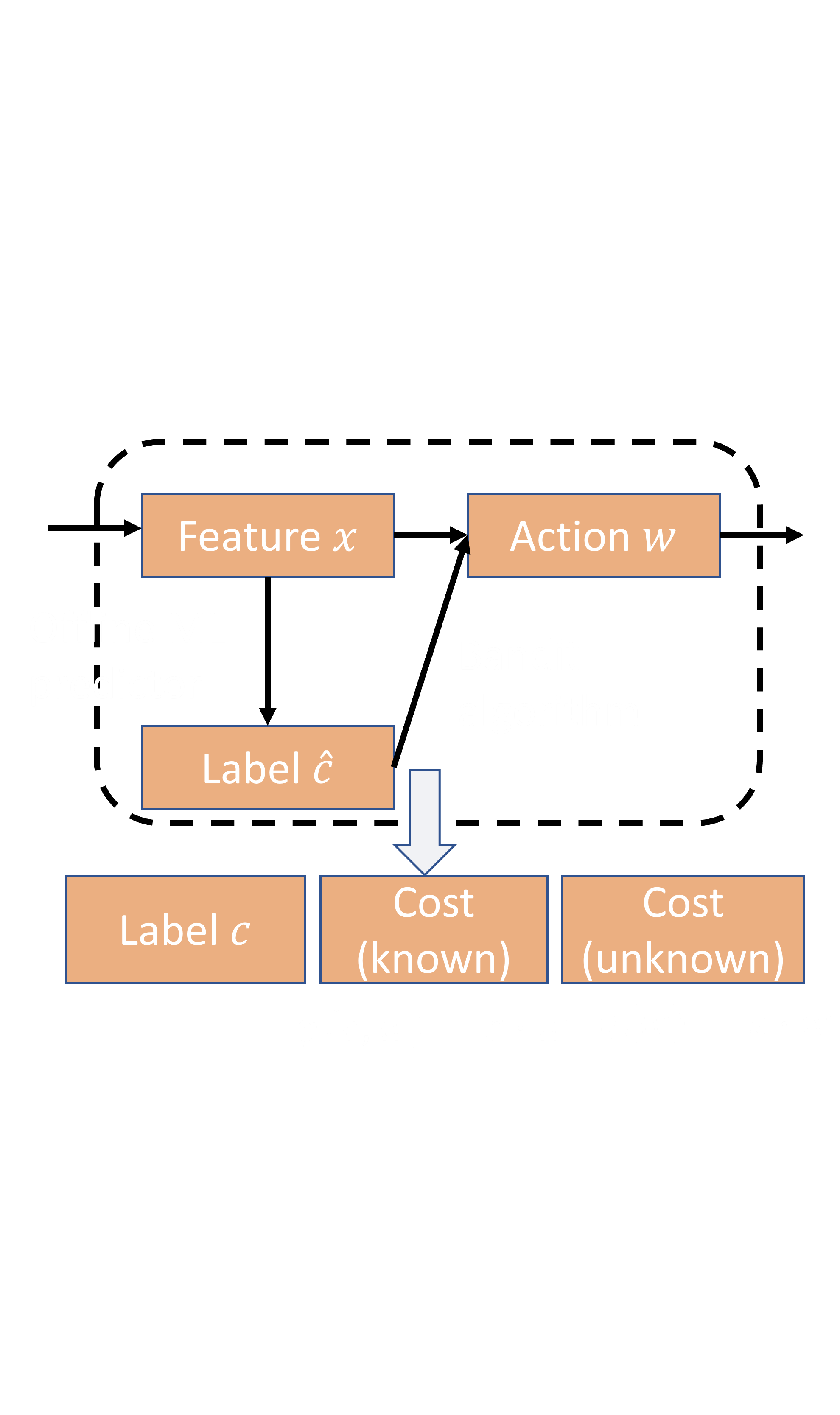Volunteer Engagement for Food Security
Working with Food Rescue Hero, we developed a series of AI-based tools to make sure that as many food donations reach the underprivileged communities as possible. Our work has gone through user studies and randomized trials, and has been deployed in the real world.
Predicting and Presenting Task Difficulty for Crowdsourcing Food Rescue Platforms
Zheyuan Ryan Shi, Jiayin Zhi, Siqi Zeng, Zhicheng Zhang, Ameesh Kapoor, Sean Hudson, Hong Shen, Fei Fang
WWW-24: The 2024 ACM Web Conference
[Short video]
A Recommender System for Crowdsourcing Food Rescue Platforms
Zheyuan Ryan Shi, Leah Lizarondo, Fei Fang
WWW-21: The 2021 ACM Web Conference
Part of book chapter in AI for Social Impact
Improving Efficiency of Volunteer-Based Food Rescue Operations
Zheyuan Ryan Shi*, Yiwen Yuan*, Kimberly Lo, Leah Lizarondo, Fei Fang
IAAI-20: 32nd Annual Conference on Innovative Applications of Artificial Intelligence



